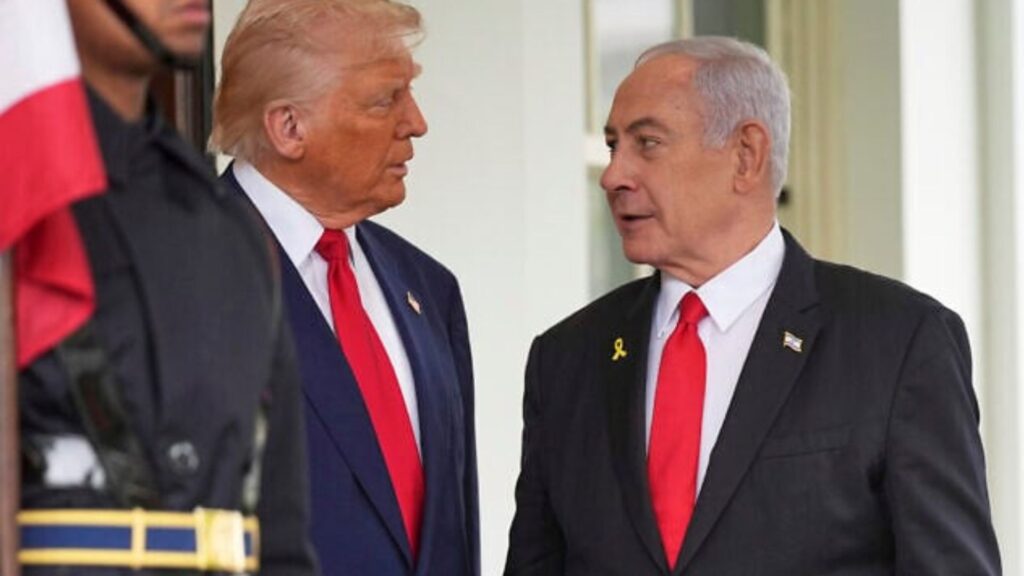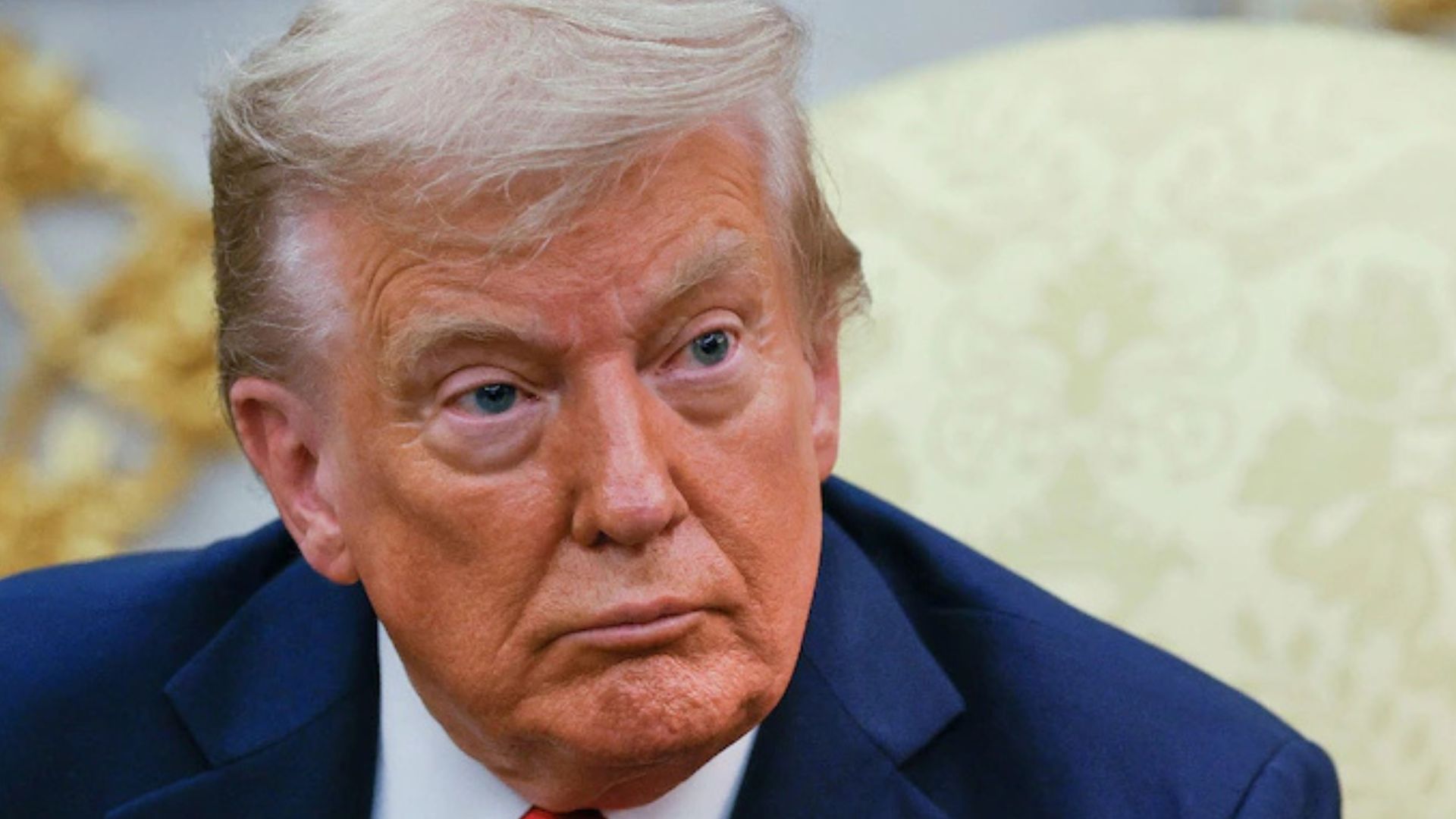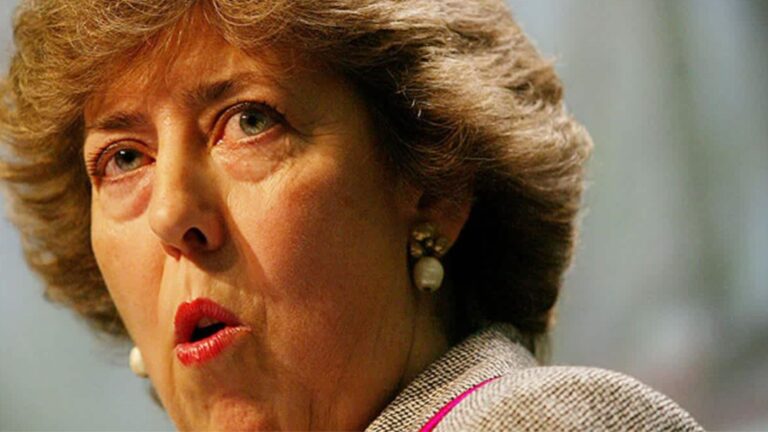
President Donald Trump delivered a firm rebuke of Israeli plans to annex parts of the West Bank on Thursday, declaring unequivocally that “I will not allow Israel to annex the West Bank. Nope, I will not allow it. It’s not going to happen,” in remarks from the Oval Office (India Today).
The public pronouncement came amid intensifying pressure from Israeli far-right leaders and followed private assurances given by Trump to Arab and Muslim delegations in New York earlier this week, signaling a significant U.S. intervention in what has long been a core dispute in the Israeli–Palestinian conflict.
Background
Israeli Prime Minister Benjamin Netanyahu’s coalition government has been under growing pressure from hard-line ministers, notably National Security Minister Itamar Ben-Gvir, to extend Israeli sovereignty over large swaths of the occupied West Bank in response to recent Western recognition of Palestinian statehood (Times of Israel). Proponents of annexation argue it would solidify Israel’s control over strategically vital and historically significant areas, but critics warn that any unilateral move would further derail prospects for a two-state solution.
Netanyahu has repeatedly affirmed that no independent Palestinian state will be permitted under his watch. Analysts note that annexation plans have been under discussion since early 2025, gaining momentum following Britain, France, Canada and Australia’s formal recognition of Palestinian statehood in June (LA Times). However, without explicit U.S. backing, the costs for Israel—diplomatic isolation, new sanctions, and potential unrest in both Palestinian and Arab states—could outweigh the perceived advantages.
Arab Leaders Secured Private Assurances
Ahead of Thursday’s public statement, Trump convened closed-door meetings at the UN General Assembly on Tuesday with representatives from Saudi Arabia, the UAE, Qatar, Egypt, Jordan, Turkey, Indonesia and Pakistan (India Today). During the session, he unveiled a 21-point Middle East peace framework, in which he committed to blocking any Israeli annexation of the West Bank.
“The Arab and Muslim countries made very clear to the president the danger of annexation of any type in the West Bank and the risk that poses not just to the potential of peace in Gaza, but also to any sustainable peace at all,” Saudi Foreign Minister Prince Faisal bin Farhan Al-Saud said afterward, expressing confidence that “President Trump understood the position of the Arab and Muslim countries.” (India Today)
Several Arab diplomats pledged to support U.S. efforts to revive Israeli-Palestinian talks if Washington stood firm against annexation, viewing it as the most immediate threat to regional stability.
Political Pressure on Netanyahu Intensifies
Within Israel, Netanyahu faces a delicate balancing act. His far-right coalition partners, led by Ben-Gvir, have painted annexation as both a moral imperative and a political necessity to appease their constituencies. Annexation backers argue that affirming sovereignty over settlements and the Jordan Valley would safeguard Israel’s security and Jewish heritage.
However, Trump’s refusal to endorse annexation undermines Netanyahu’s negotiating leverage with his own partners. Experts warn that any attempt to proceed without U.S. blessing could provoke:
- Diplomatic fallout: Heightened tensions with European allies who have warned against unilateral measures
- Economic repercussions: Potential restrictions on trade and investment, including U.S. aid
- Security risks: Renewed unrest in the West Bank and Gaza Strip, possibly igniting wider Palestinian protests
Without Washington’s support, Netanyahu may struggle to reconcile the demands of his hard-line allies with the strategic necessity of preserving Israel’s international relations.
Gaza Ceasefire Talks and Upcoming White House Meeting
Netanyahu is slated to meet Trump at the White House on Monday for their fourth face-to-face encounter since Trump’s inauguration in January. Gaza ceasefire efforts are expected to dominate the agenda, with both leaders expressing optimism about reaching “some kind of a deal” to stabilize the enclave (India Today).
“I had good conversations with both Netanyahu and regional Arab leaders,” Trump told reporters, adding that “there’s been enough, it’s time to stop now.”
Observers will be watching closely to see whether Gaza negotiations yield a temporary truce or pave the way for broader peace discussions—contingent, many analysts note, on a clear U.S. stance regarding West Bank annexation.
Future Outlook
Trump’s unequivocal rejection of annexation sets a new parameter for Israeli policy decisions. If Washington maintains its position, Netanyahu’s government faces a critical choice: abandon or significantly scale back annexation plans, or risk alienating its most powerful ally. Meanwhile, Palestinian leaders have welcomed Trump’s intervention but insist that blocking annexation must be accompanied by renewed U.S. efforts toward a negotiated settlement recognizing Palestinian statehood.
The coming weeks will test the durability of Trump’s assurances to both Arab partners and Israel. For now, a unilateral shift in West Bank sovereignty appears off the table, opening a narrow window for revived diplomacy—or setting the stage for escalating tensions should annexation advocates press ahead regardless.











